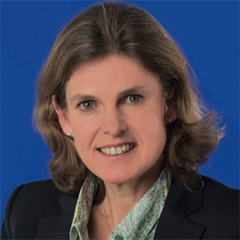With ample desert space and swathes of sunshine all year round, the solar power industry is starting to heat up in the countries of the Gulf Coorporation Council (GCC). Bahrain, Kuwait, Oman, Qatar, Saudi Arabia, and the United Arab Emirates are all well placed to benefit from technology advancements and lowering costs.
Over the past few years, the UAE has launched some major solar projects, while Saudi Arabia announced the largest-ever project in March this year. The GCC’s increase of solar generation capacity is well timed. The global renewable energy industry is experiencing considerable growth, supported by governments and policymakers’ efforts to combat climate change, a steady decline in renewable generation costs over the past decade, and continued technological developments. As such, we expect that most GCC countries will continue to invest in solar efforts in the years to come.
Lower costs, higher investment
Renewable power installation costs have been declining sharply over the past decade, driven by technological improvements and the associated increased efficiencies. In turn, these developments are making renewable energy a viable alternative to traditional carbon-based electricity generation.
The considerable growth in the global renewables sector as a result is encouraging. According to the International Energy Agency (IEA), renewables represented two-thirds of new generation added to the global grid last year. Furthermore, the IEA states that in the next five years, renewable generation will grow at twice the rate of gas and coal combined.



























